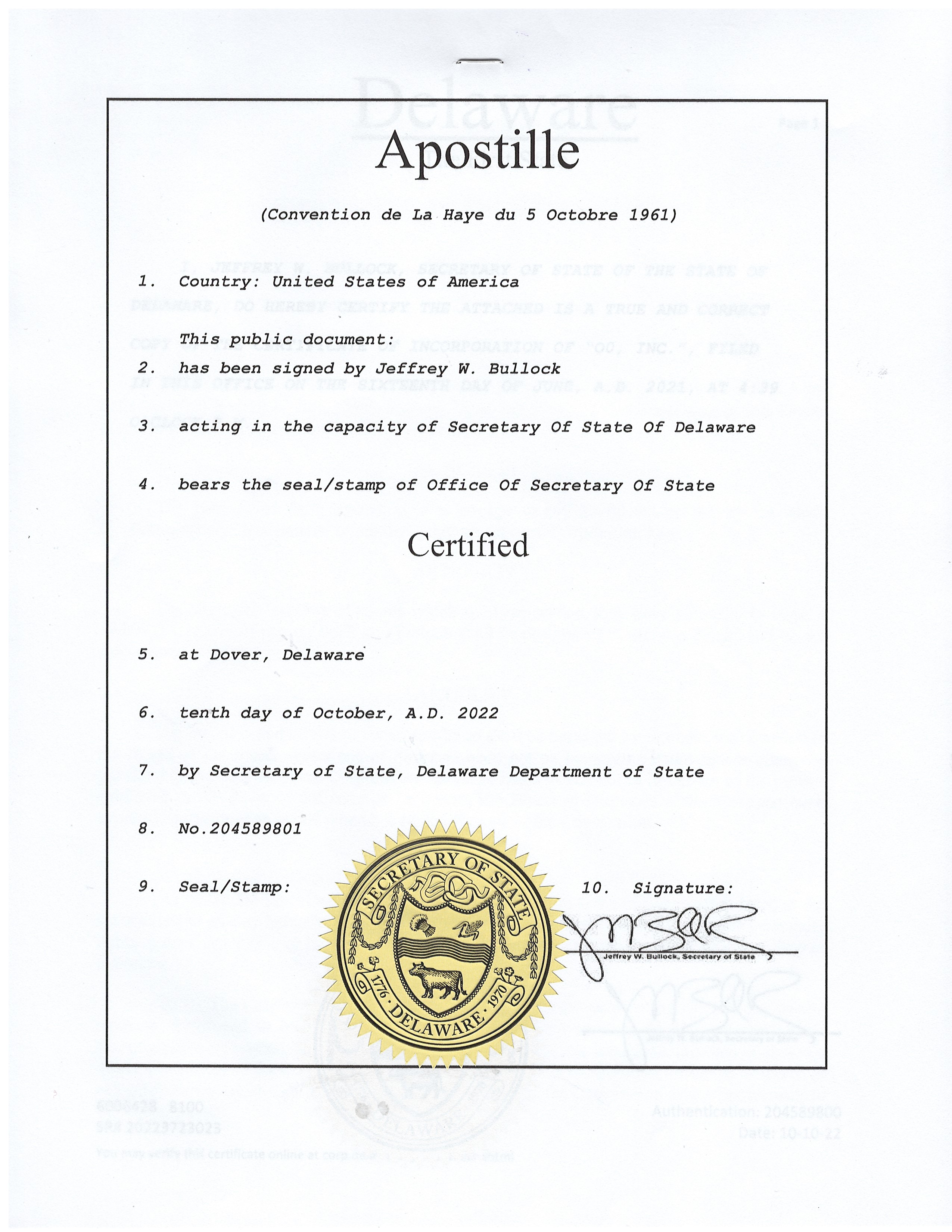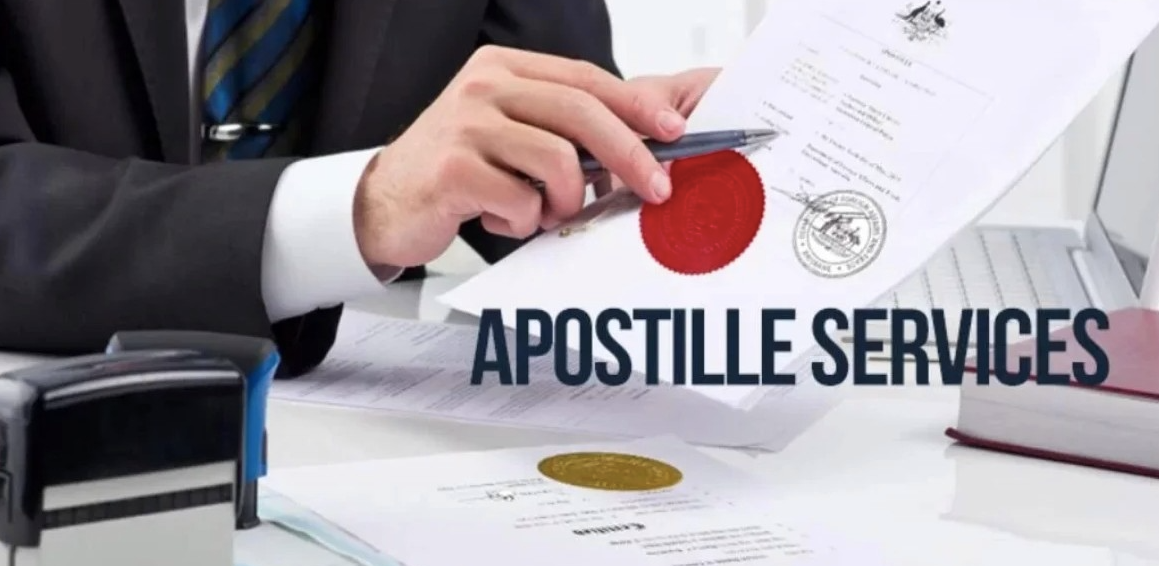Complete Guide to Apostille in Houston, Texas
Complete Guide to Apostille in Houston, Texas
Blog Article
Unveiling the Crucial Duty of Apostille in Simplifying International Paper Validation Processes
In the world of international events, the recognition of files holds vital significance. By fastening an apostille to a file, it goes through a streamlined validation that is acknowledged throughout numerous nations, therefore reducing the burdens connected with cross-border record authentication.
Comprehending Apostille Essentials
In the world of record recognition for global usage, comprehending the essential principles of apostille authentication is important. An apostille is a specific certificate that verifies the authenticity of a document for usage in international countries that are part of the Hague Apostille Convention.
Apostilles are commonly released for essential documents such as birth certifications, marital relationship certifications, and scholastic transcripts. The key parts of an apostille consist of the name of the country where it was issued, the name of the individual signing the document, the capacity in which the individual signed the file, the seal or stamp of the issuing authority, and the day of issuance. By recognizing these essential aspects of apostille verification, people and organizations can navigate the intricacies of worldwide document recognition with confidence and performance.
Benefits of Apostille for Recognition

Furthermore, the apostille streamlines the verification procedure by providing a standard certification that verifies the credibility of the document, such as birth certifications, marriage licenses, notarized acts, and academic records. This standard style lowers the danger of denial due to strangeness with foreign records, therefore boosting the efficiency of cross-border deals.
Moreover, the apostille assists in removing the need for several layers of verification by government authorities, as the apostille itself symbolizes the file's legitimacy. This not only accelerates the paper recognition process however likewise lowers the associated expenses and governmental obstacles, making it a hassle-free and cost-efficient remedy for individuals and companies taking part in international activities.
Simplifying Cross-Border File Verification
Facilitating the validation of files across worldwide borders, the apostille process serves as a streamlined and widely acknowledged technique for verifying different sorts of official documents. Simplifying cross-border file authentication, the apostille eliminates the need for lengthy and frequently complex recognition treatments normally called for when offering papers in foreign countries. By affixing an apostille to a document, the releasing nation licenses the credibility of the record, making it readily appropriate in various other nations that are part of the Hague Apostille Convention. This standard procedure significantly minimizes the moment and initiative associated with confirming the authenticity of official documentation, advertising effectiveness and ease of global deals.
Moreover, the apostille system boosts the safety and security and trustworthiness of cross-border paper validation by supplying a clear and globally approved system for validating the validity of papers. This simplification of authentication processes not official source just benefits individuals and organizations seeking to run worldwide but additionally fosters smoother communication and cooperation between countries by making sure the reliability of shared paperwork.
Relevance of Apostille in Legalization

Apostille makes sure that legal documents such as birth certifications, marital relationship certificates, powers of attorney, and court records are identified and approved in foreign territories. The apostille procedure decreases the bureaucratic difficulties and lengthy treatments typically linked with record legalization, making global deals more effective and legally binding.
Apostille Vs. Typical Validation Approaches
Comparing apostille with typical validation methods exposes unique differences in the performance and simpleness of paper verification procedures for international use. Apostille, as a standardized and streamlined approach developed by the Hague Convention, supplies a more uncomplicated method to validating files compared to traditional approaches. Typical recognition processes often involve multiple actions, consisting of registration, qualification by government authorities, and consular legalization, which can be lengthy and cumbersome.
Apostille, on the other hand, streamlines this procedure by certifying papers with a solitary apostille certification issued by a skilled authority in the nation where the record comes from (Houston TX Apostille). This certification is identified by all member countries of the Hague Convention, getting rid of the requirement for more consular office legalisation. Because of this, apostille considerably minimizes the time and effort required for file validation, making it a favored selection for companies and people associated with global transactions
Conclusion
In verdict, apostille Discover More plays a vital role in streamlining international paper validation procedures by providing a standard method of authentication that is identified across getting involved countries. By simplifying the legalization procedure, apostille eliminates the requirement for numerous layers of validation, lowering time and costs connected with cross-border document authentication. This reliable system benefits individuals and companies seeking to make use of foreign files for lawful purposes, guaranteeing smoother global transactions.
By affixing an apostille to a paper, it undertakes a simplified validation that is acknowledged throughout numerous countries, hence relieving the problems linked with cross-border document authentication. Simplifying cross-border paper verification, the apostille removes the demand for usually complicated and prolonged recognition treatments normally needed when providing papers in international nations. By fastening an apostille to a record, the releasing nation licenses the authenticity of the file, making it readily acceptable in other countries that are part of the Hague Apostille Convention. By affixing an apostille to a document, the issuing nation licenses the credibility of the trademark, seal, or stamp Look At This on the paper, making it legitimate for use in an additional participant nation of the Hague Apostille Convention without the requirement for additional legalization.

Report this page